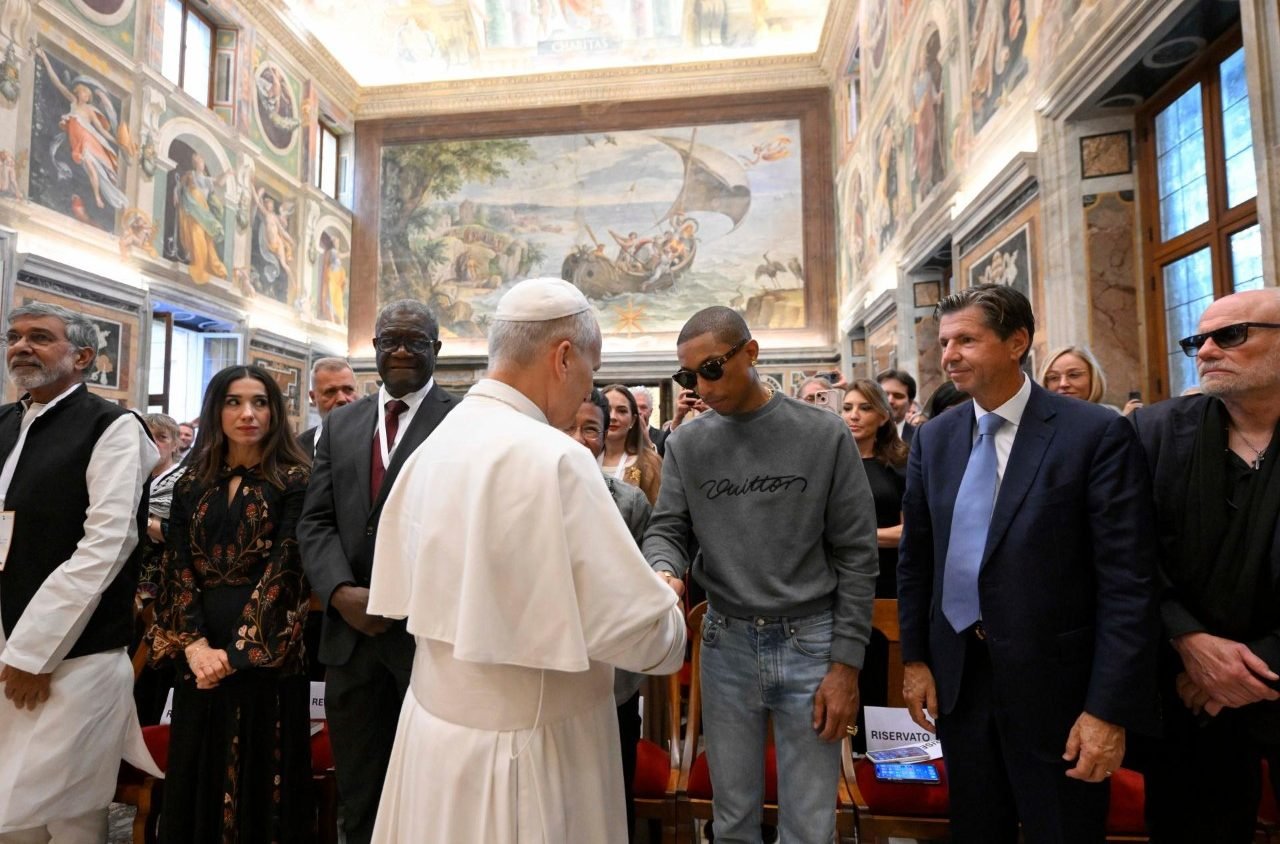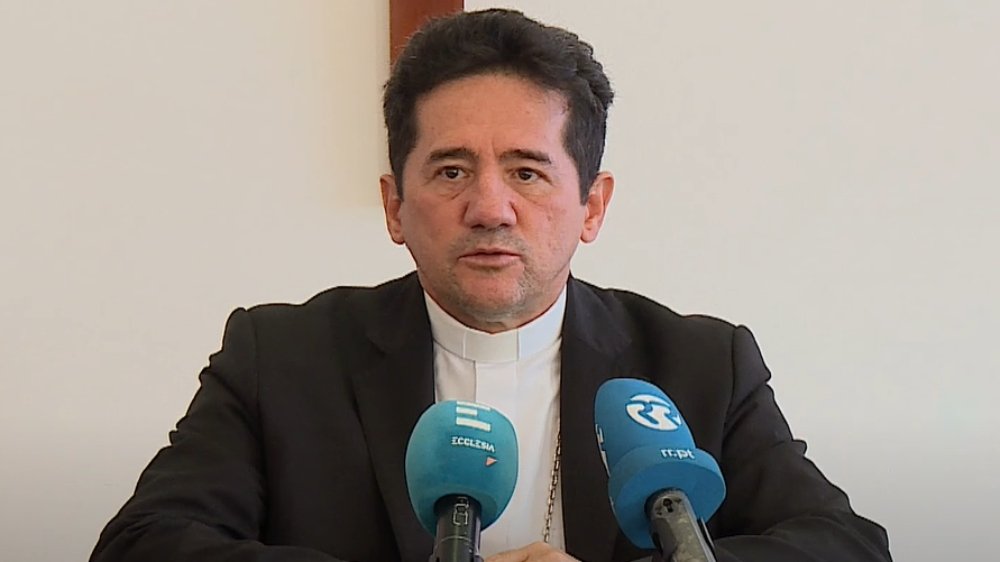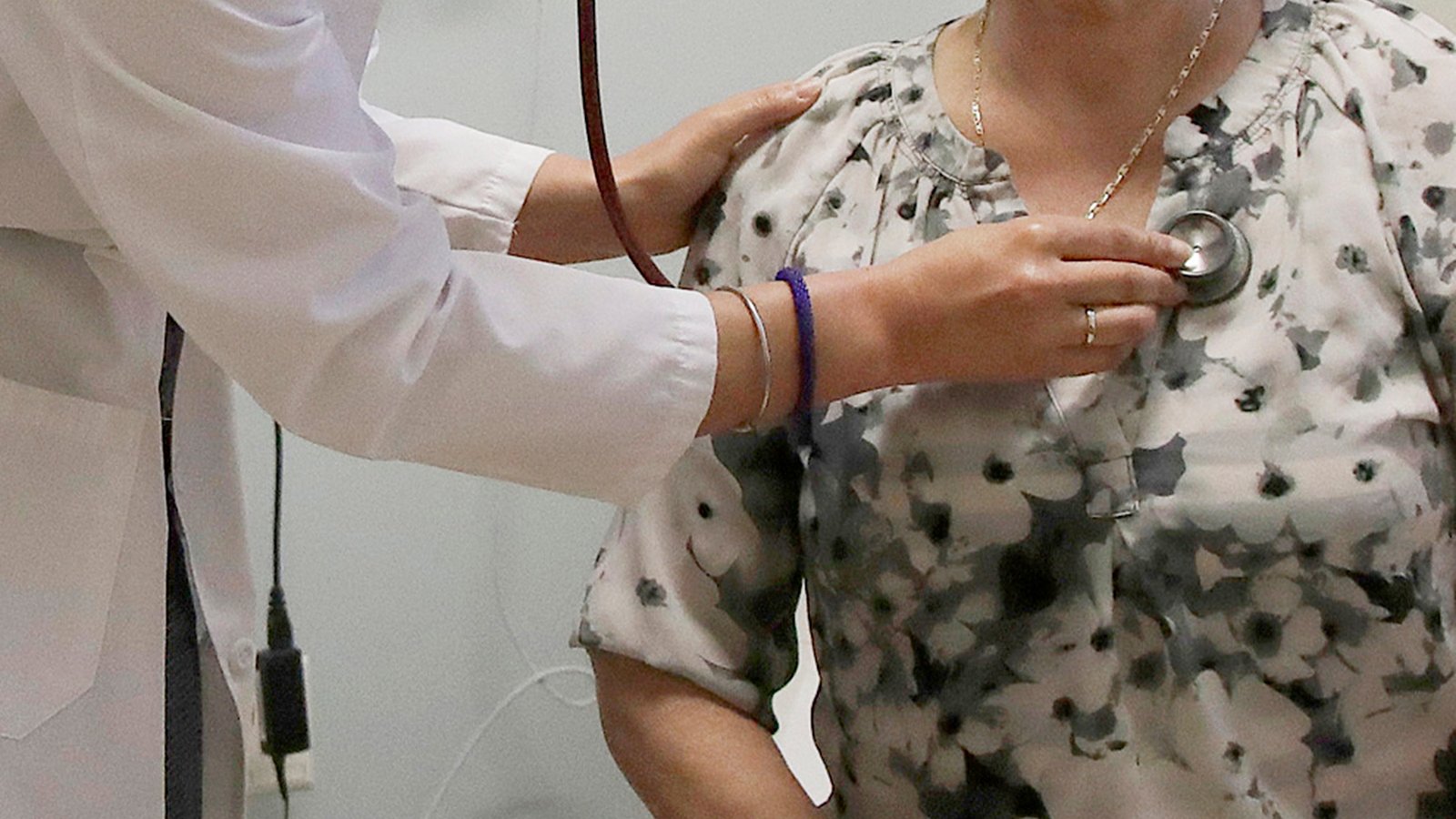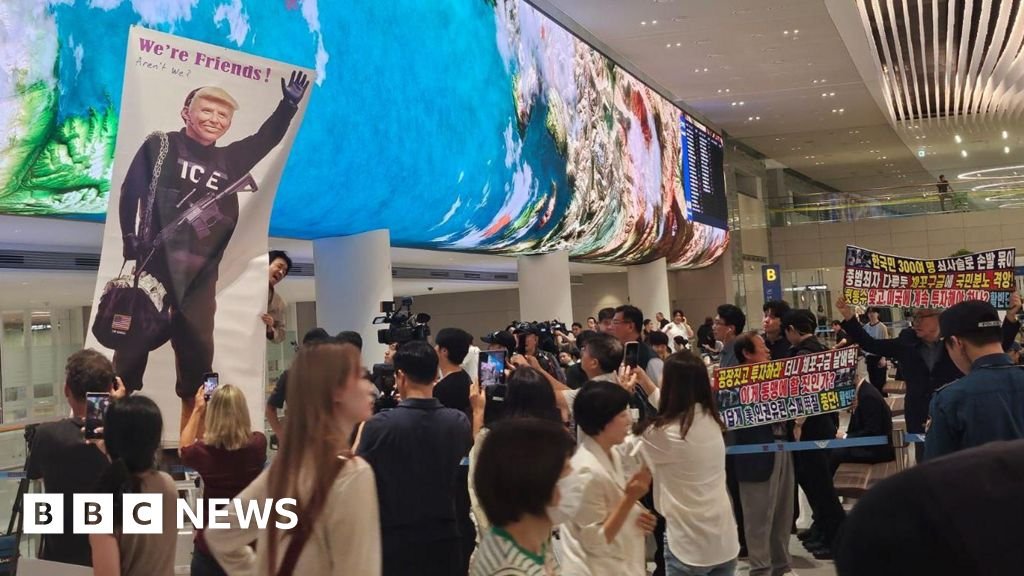Meeting with participants of the third edition of the World Meeting on Human Fraternity, the Pope urged the creation of a “human alliance” based on care, generosity, and trust rather than power, profit, and suspicion.
By Kielce Gussie
At the start of the third edition of the World Meeting on Human Fraternity, Pope Leo greeted the participants in the Sala Clementina in the Vatican. In a world flooded with conflict and division, he stressed their presence was even more importance as they are “united by a strong and courageous “no” to war, and a resounding “yes” to peace and fraternity.”
Reflecting on the words of Pope Francis that war is never the answer, the Pope explained the participants’ presence testifies to this message, which can unite different faiths and cultures. He described it as “quiet yet powerful force that helps us recognize each other as brothers and sisters, despite all our differences.”
Where is your brother?
Pope Leo turned to the relationship between brothers Cain and Abel—the first of its kind—and he pointed out that even it was marked by conflict. But he warned that this initial act of violence should not lead us to resign ourselves to think that this is the way it has always been.
“However ancient or widespread it may be, the violence of Cain must never be accepted as ‘normal’”, the Pope urged. Rather, the standard we should follow is found in this question: “Where is your brother?”
Within it, we can find our vocation, example, measure of justice, and rule. Pope Leo highlighted that God does not take vengeance on Cain for murdering his brother. On the contrary, he asks that question which has stayed with humanity throughout time.
It is a question for you
Yet, it is more than a simple question. Pope Leo stressed that it becomes “a principle of reconciliation.” When we learn to take it to heart, it becomes a personal, intentional question that we must ask ourselves in every aspect of daily life.
“Where are you in the “business” of wars that shatter the lives of young people forced to take up arms; target defenseless civilians, children, women and elderly people…? Brother, sister, where are you in a hyper-connected life where loneliness corrodes social bonds and makes us strangers even to ourselves?”
Silence cannot be the answer. The Pope encouraged the participants of the World Meeting on Human Fraternity that they are the answer through their commitment, courage, and presence. Their choice to lead a different life—one of growth and development—can change the world.
Seeing God in others
Once we begin to see those around us as our brothers and sisters, the Pope said, we are free “from the pretense of believing that we are isolated individuals or from the logic of forming relationships only out of self-interest.”
Self-interest is not the only foundation for a relationship. Spiritual traditions and a more developed critical thinking opened the door to connecting with people beyond our familial or ethnic ties.
“Fraternity is the most authentic name for closeness”, Pope Leo shared because it means “rediscovering the face of the other.” For those who believe, it is seeing the face of God in everyone—the poor, lonely, even the enemy.
An alliance built on care
In light of the world meeting dedicated to human fraternity, the Pope challenged all the participants to find new ways to create bonds across varying fields of work, knowledge, and generations. He urged these pathways to always include the poor—“not merely as recipients of aid, but as active participants in discernment and dialogue.”
“Continue in this quiet work of sowing seeds,” he continued, “from it can emerge a truly participatory process centered on humanity and fraternity”. The Pope called for a “human alliance” based on care, generosity, and trust rather than power, profit, and suspicion.
To close, the Pope urged everyone to carry on nurturing the spirit of fraternity in their everyday lives and beyond.





